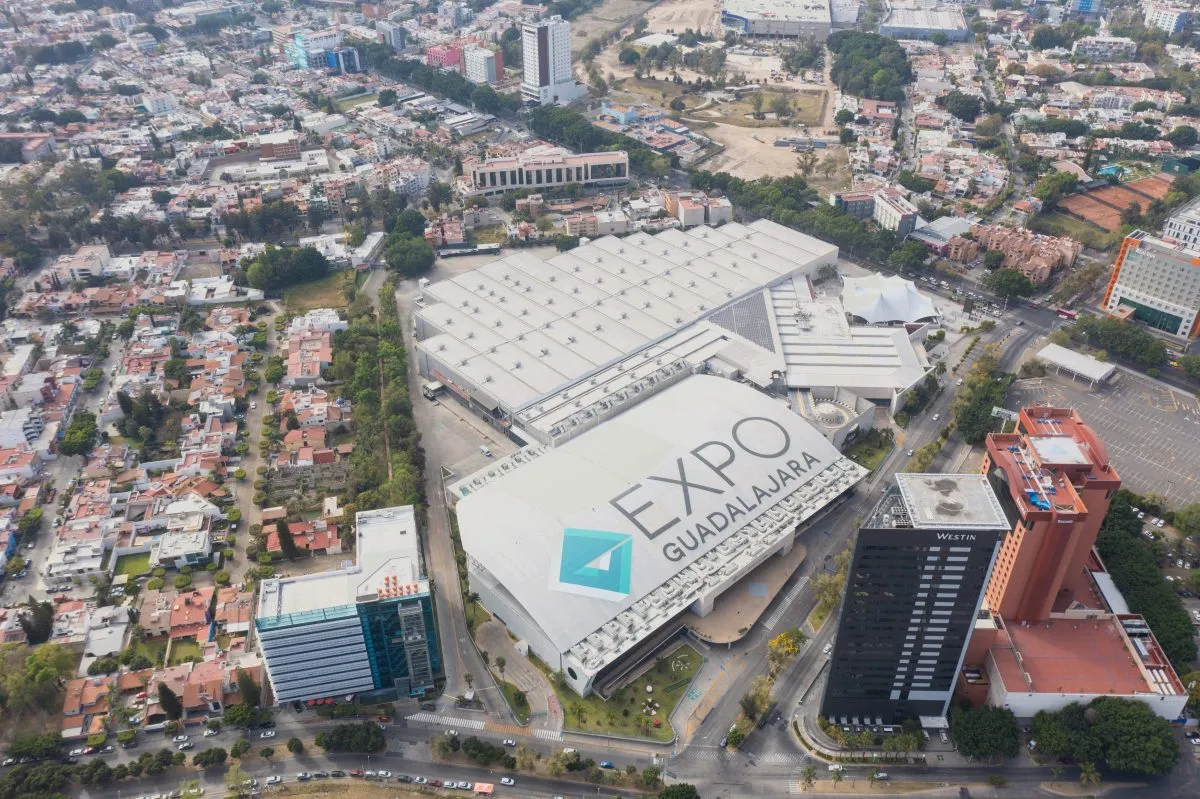The New Look of Event Industry Training

Skift Take
The Covid pandemic served as a major disruptor of the events industry, prompting widespread restrictions on in-person gatherings across the globe. As a result, event professionals had to become well-versed in an ever-changing landscape.
They had to learn the ins and outs of virtual event platforms quickly. Many also used this time to broaden their skill sets. Some took this further and pursued designations like the Certified Meeting Professional (CMP). A savvy business decision as according to the Professional Convention Management Association (PCMA), those planners with CMPs earn approximately $10,000 more than those without. In response to this need for education and expanded skill sets, education and training institutes have adjusted their offerings. Here are a few ways skills development has changed within the industry.
The Evolution of Event Training
Pre-pandemic, the events industry was booming — events did not have to innovate as fast or as much. Howard Givner, CEO of the Event Leadership Institute, explained that in the past, industry training and professional development were a "nice-to-have feature, not necessarily a need to have" because of market needs. But once the pandemic effectively shut the sector down, the only option to host events was online.
While event tech was not new, the situation translated into most of the industry needing to be reskilled. "We saw an explosion of enrollment in the virtual events training," Givner said.
During the Covid pandemic, skills development courses created by the Event Leadership Institute and jointly promoted with Meetings Professionals International (MPI) attracted approximately 4,000 people.
With the return of face-to-face gatherings, an uptick in hybrid experiences, and altered attendee expectations, professionals are investing further in acquiring other skills to stay relevant.
In addition, a tight labor pool like the one that exists today needs additional skills. Upskilling is helping. Read more about this trend by clicking here.
Meeting Industry Needs
Jessie States, vice president of the MPI Academy, explained that while it is easy to take a myopic view of industry education, event planners should equip themselves to perform any task well, as the scope of work has changed so much. For example, before, many event professionals had only ever hosted one event type, an in-person event, "[Now] they have six more event types they can add to their toolbox. Everything from a broadcast and a stream to a hybrid, digital-first or on-demand event," States said.
While these event types have digital elements, experience design and strategy have also leveled up. "As we're coming back to in-person, there's this sense from people that it would be a shame if everyone showed up and it was the same event from two or three years ago," Givner added.
To meet this need, Givner suggests professionals align more with perspectives outside the industry, such as the global push for sustainability and diversity, equity, and inclusion (DEI), "While the need for those core skills is still there, this is a new layer that is now getting attention. It's rising above [just] the floor planning, timeline, and budgeting."
Institutes like Event Leadership Institute and MPI Academy have heeded the call, offering courses like Advanced Event Design and Strategy, Event DEI Strategist, Event Wellness Design, and Sustainable Event Strategist.
Further, some specialized degrees include modules like hybrid event management, sustainability, pandemic risk management, and sponsorship.
Skills
States further recommends event professionals focus on generating "big buckets of skills and abilities" that can be applied daily to events, such as global competence, creativity, emotional intelligence, and persuasion.
For example, during the pandemic, event professional Naomi Anderson Wong completed the Event Management program at George Brown College to gain further insights into interpersonal event aspects. "Taking the course allowed me to really learn important things like following a ‘people and lives first' mandate. It is a people business, and we should always treat those we work with like we want to be treated ourselves," she said.
However, while many event professionals have decided on industry-specific training to develop new skills, others have preferred to look outside the space.
Dahlia El Gazzar, an industry tech evangelist and idea igniter, sought an education that would complement existing event skills. Choosing to enroll in Seth Godin's altMBA, among other courses, El Gazzar explained this line of thinking, "For us to properly help our clients and the industry move forward and be more resilient, is always to be looking outside in."
Event professionals could even try something new, brushing up on their storytelling and leadership abilities through courses offered by the Disney Institute.
Continuing Education
As States said, "It's never been more important to stay on top of what key skills and abilities are going to keep you on top of your game … evaluate where you excel." Therefore, event professionals must continue their educational journey through online classes, courses, or obtaining a CMP or relevant degree.
Essentially, continuing education raises the bar for everyone in the industry. "We're now in a very tight labor market. Employers and leaders need to show that they're investing in their teams. That, combined with the need for skills constantly changing, has made it so that education is now a need to have," Givner concluded.




